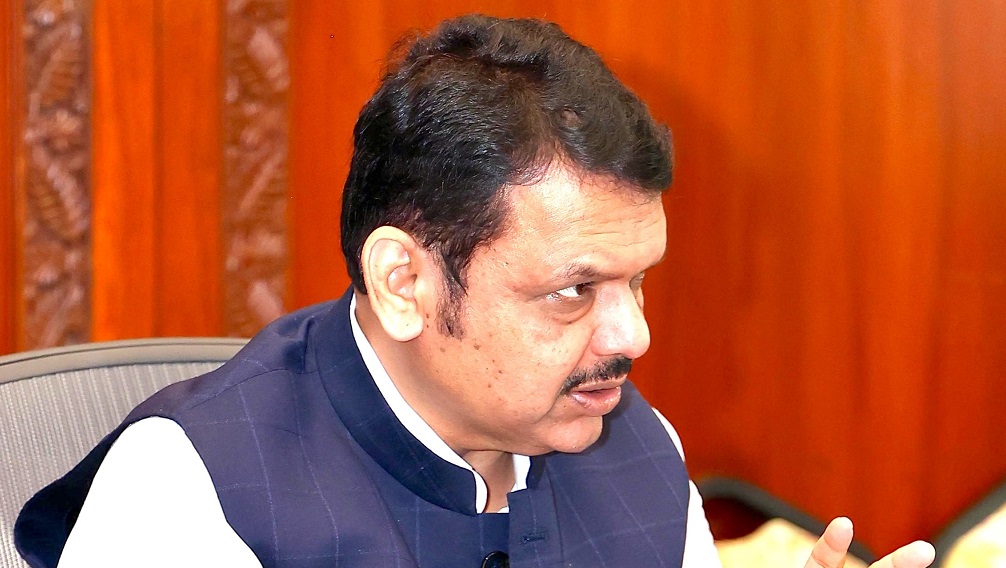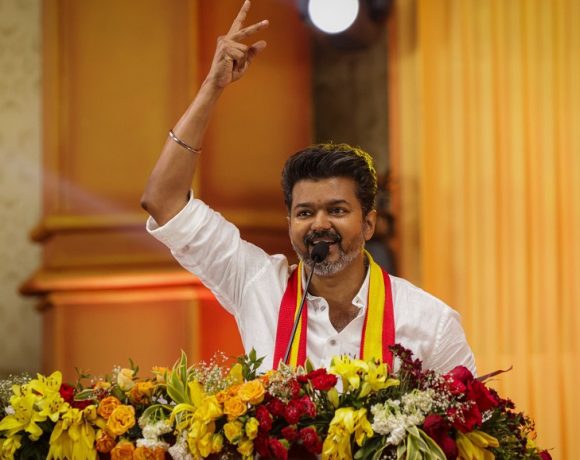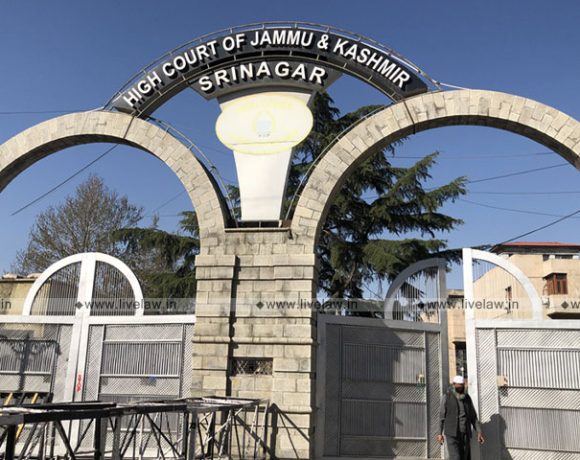
Maharashtra Reconstitutes Panel To Settle Karnataka Border Dispute
The Maharashtra government has announced the reconstitution of its border dispute committee with Karnataka, reviving efforts to peacefully resolve territorial disagreements affecting local communities. The move underscores the state’s renewed commitment to addressing simmering tensions through structured dialogue.
Border Dispute
The boundary disagreement primarily concerns villages along the Maharashtra–Karnataka border. Historical claims and counterclaims have created confusion over administrative control, service delivery, and civic responsibility. To address this, the Maharashtra government has refreshed its committee members and expanded its mandate to include detailed assessment of revenue records, maps, and on-ground realities.
Committee Reconstitution
Chief Minister Eknath Shinde has approved the revamped panel, which now includes senior officials from the Revenue, Home and Planning departments, along with legal experts and local representatives. The committee is tasked with verifying claims, conducting joint inspections, and preparing a unified proposal for negotiation with Karnataka. A revised timeline has been set to report preliminary findings within three months.
Inter‑State Dialogue
The reconstituted committee aims to strengthen communication with Karnataka officials. Maharashtra plans to initiate joint fact-finding missions and schedule bi-monthly coordination meetings under the inter-state council framework. Ensuring transparency and public participation has been emphasized to keep border residents informed and engaged.
Community Impact
The prolonged boundary dispute has resulted in governance challenges like unclear revenue collection, misplaced public works schemes, and stalled welfare initiatives in affected villages. Local residents have welcomed the move, hoping it will resolve issues like road maintenance, school administration, and agriculture support. Political analysts note that this step could enhance inter-state trust and improve administrative efficiency at the grassroots level.
Next Steps
Once the Maharashtra committee finalizes its report, it will be submitted to the state cabinet and then handed over to the central government for arbitration under Article 262 of the Constitution. Authorities are encouraging civic engagement through public hearings and expect the Karnataka government to reciprocate with its own empowered panel.


















